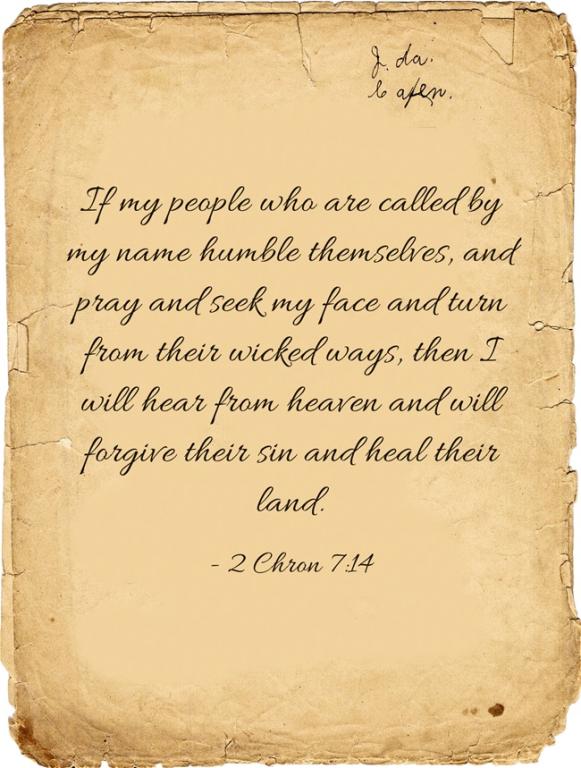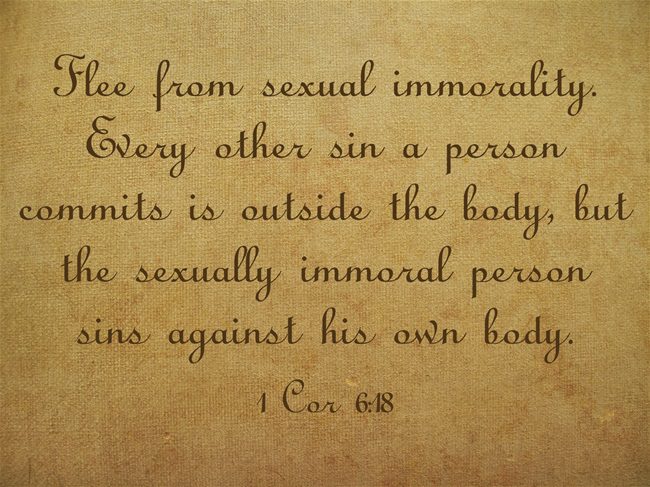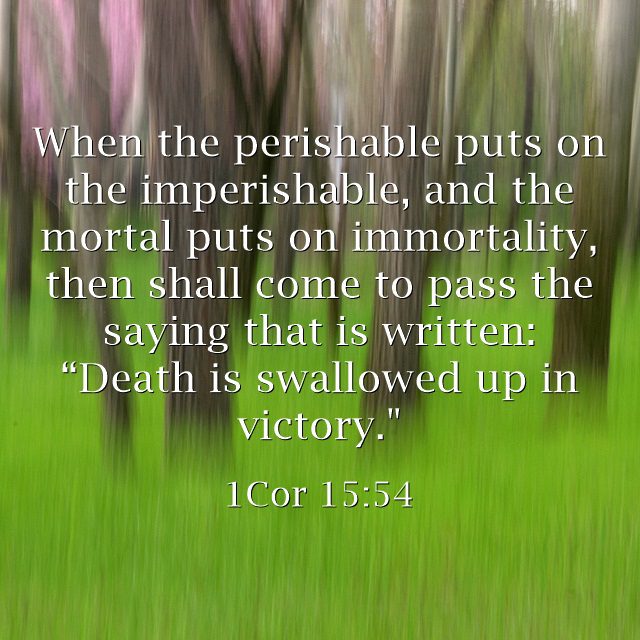The Bible often reminds us that there will come a time when God judges humanity for the final time. He has already judged it in the Flood of Noah, and Israel was judged repeatedly for their failure to follow God as they should. In Matthew, chapter 25, Jesus tells His disciples of a coming judgment, the outcome of which is determined by actions one takes, or refuses to take, towards another person. There are differing viewpoints as to exactly how the end will take place, and I will not get into that in this article, but it seems to me that Jesus is speaking of the time when He will judge humanity and assign each of us to our eternal destination. Regardless of the timing of the judgment, what Jesus says concerning the relationship between our conduct and judgment is an important concept. Let’s take a look.
Jesus will take His rightful place upon His throne and judge every person (Matthew 25:31-33).
“But when the Son of Man comes in His glory, and all the angels with Him, then He will sit on His glorious throne. All the nations will be gathered before Him; and He will separate them from one another, as the shepherd separates the sheep from the goats; and He will put the sheep on His right, and the goats on the left”. Throughout much of Jesus ministry, His focus was on the nation of Israel (Mt. 10:5-7, 15:24); here He speaks about judgment of “all the nations”, not just Israel. This is one reason I believe this passage speaks of the end times judgment rather than earlier judgments. The Bible tells us that one day Jesus will judge each and every one of us (Psalm 9:8, 96:13, 98:9; Acts 10:42, 17:30-32; John 5:22, 27).
Some people will enter the Kingdom of God (Mt. 25:34-40).
“Then the King will say to those on His right, ‘Come, you who are blessed of My Father, inherit the kingdom prepared for you from the foundation of the world. For I was hungry, and you gave Me something to eat; I was thirsty, and you gave Me something to drink; I was a stranger, and you invited Me in; naked, and you clothed Me; I was sick, and you visited Me; I was in prison, and you came to Me.’ Then the righteous will answer Him, ‘Lord, when did we see You hungry, and feed You, or thirsty, and give You something to drink? And when did we see You a stranger, and invite You in, or naked, and clothe You? When did we see You sick, or in prison, and come to You?’ The King will answer and say to them, ‘Truly I say to you, to the extent that you did it to one of these brothers of Mine, even the least of them, you did it to Me.’
Our entrance into God’s kingdom is based on how we treat other people. Now, before anyone says that I am teaching a doctrine of ‘salvation by works’, let’s unpack this idea. Jesus said that the two greatest Commandments are, “‘You shall love the Lord your God with all your heart, and with all your soul, and with all your mind.’ This is the great and foremost commandment. The second is like it, ‘You shall love your neighbor as yourself’” (Matthew 22:37-39). Our first responsibility as humans is to love God with our entire being. Only when we love God in that way are we able to carry out the second Commandment of loving our neighbor as much as we love ourselves. Therefore, this is not ‘salvation by works’ but rather it is the outworking of our salvation which we have already received by grace through faith (Ephesians 2: 8-10). The sinful tendency within fallen man pushes him or her to be selfish; to put one’s needs before the needs of others. God wants us to act differently as His followers; and only after we have received His forgiveness and the indwelling presence of the Holy Spirit can we treat others as He would have us treat them. How we treat others reveals the true condition of our hearts; and it is the condition of our hearts that either allows us access, or bars our entry, into the Kingdom of God.
Some people will enter eternal punishment (Mt. 25:41-45).
“Then He will also say to those on His left, ‘Depart from Me, accursed ones, into the eternal fire which has been prepared for the devil and his angels; for I was hungry, and you gave Me nothing to eat; I was thirsty, and you gave Me nothing to drink; I was a stranger, and you did not invite Me in; naked, and you did not clothe Me; sick, and in prison, and you did not visit Me.’ Then they themselves also will answer, ‘Lord, when did we see You hungry, or thirsty, or a stranger, or naked, or sick, or in prison, and did not take care of You?’ Then He will answer them, ‘Truly I say to you, to the extent that you did not do it to one of the least of these, you did not do it to Me.’
There has recently been much discussion and debate concerning the reality of Hell. But it is clear, in this passage; Jesus treats the concept of Hell, while not specifically calling it ‘Hell’, as a fact. Some object to a ‘good’ God sending people to be eternally tortured. However, Hell is not a place of torture, but of torment resulting from the complete separation of the soul from God: “These will pay the penalty of eternal destruction, away from the presence of the Lord and from the glory of His power” (II Thessalonians 1:9).
We each have a choice that must be made.
“These will go away into eternal punishment, but the righteous into eternal life” (Matthew 25:46). God presents each of us with a choice: whether to submit to His lordship or not. If we choose to remain in rebellion against Him, we are choosing Hell. Even if we choose to do nothing, that is a choice to remain in our rebellion. God has done everything necessary to provide for our forgiveness and salvation; however, we must make the choice to acknowledge that provision, repent of our sins, and commit to being followers of Jesus.
*All Scripture taken from the New American Standard Bible
Article by Robert Driskell











